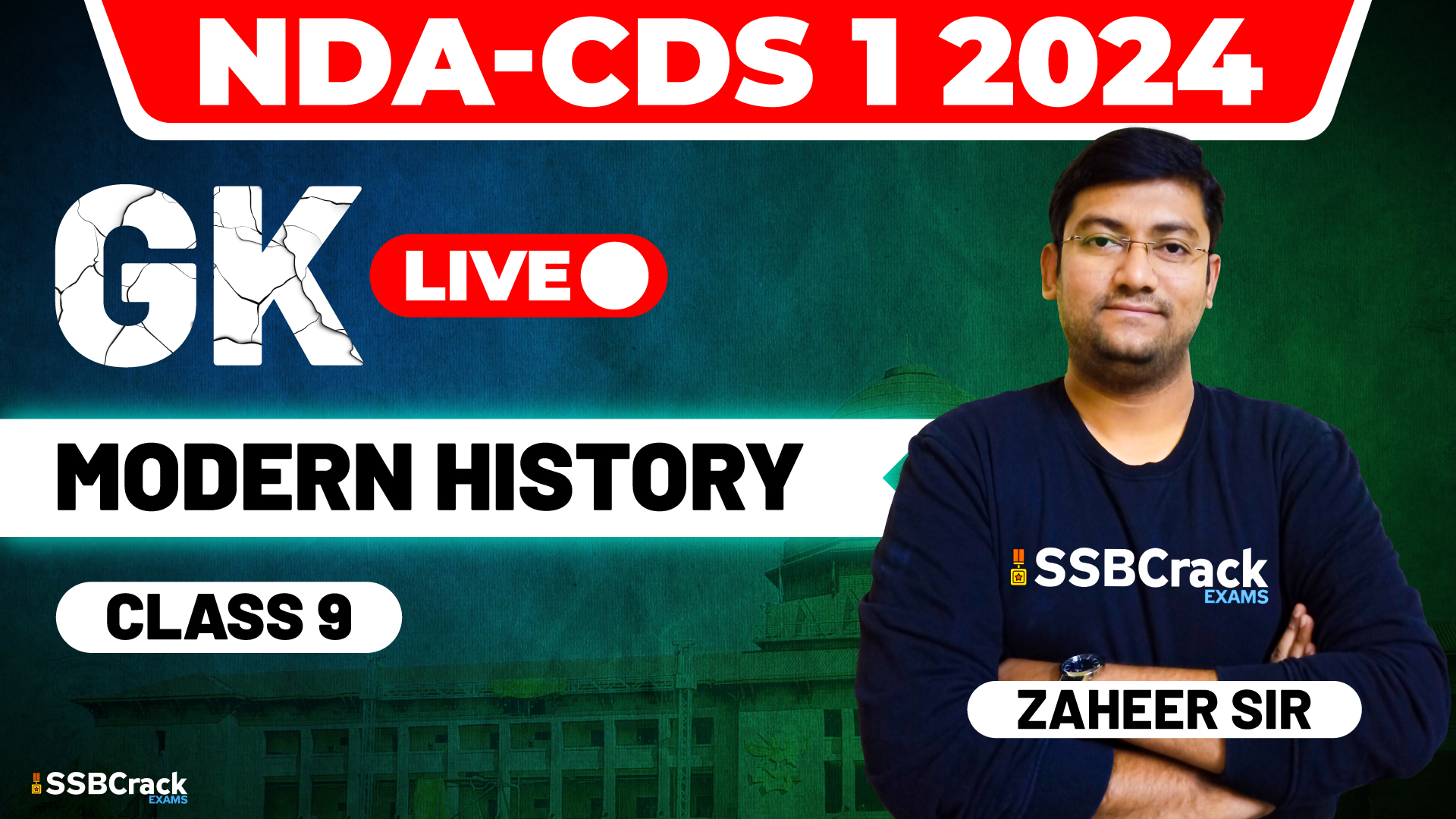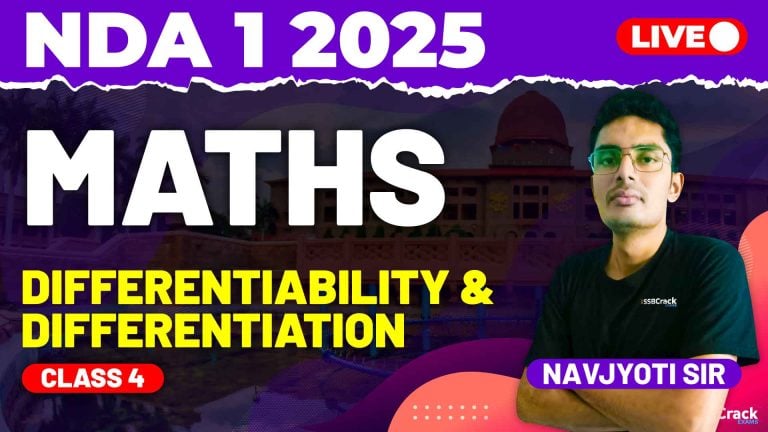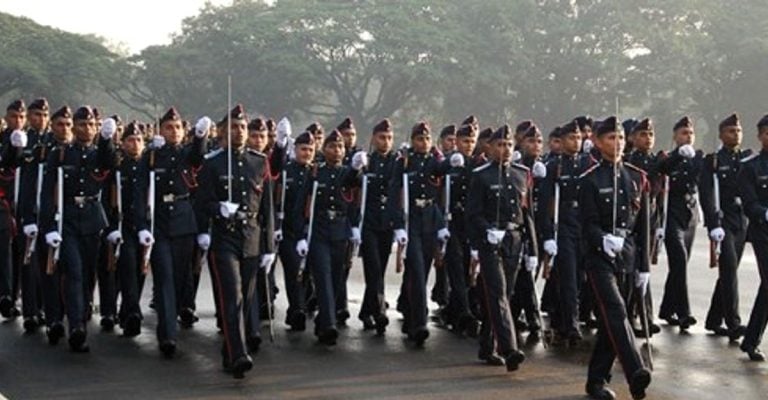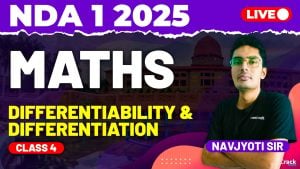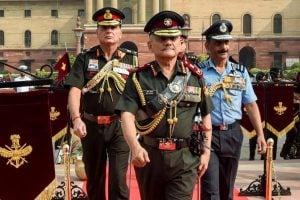The National Defence Academy (NDA) and the Combined Defence Services (CDS) examinations are among the most prestigious and competitive exams in India. Aspirants aiming to join the armed forces must prepare rigorously, both mentally and physically. One of the key components of their preparation is the study of history, particularly the Gandhian Era and India’s struggle for independence. In this article, we will explore the immense importance of mastering Modern Indian History for NDA & CDS aspirants, focusing on how this knowledge enriches their understanding and equips them with the values and insights essential for their roles in the armed forces.
- Historical Context in Military Leadership: Modern Indian history, particularly the period of the Gandhian Era and the struggle for independence, offers invaluable insights into the socio-political landscape of the time. Understanding this context is crucial for future military leaders as it helps them comprehend the multifaceted challenges India faced during its fight for freedom. The lessons from leaders like Mahatma Gandhi, Jawaharlal Nehru, Sardar Patel, and Subhas Chandra Bose can inspire aspirants to become not just warriors but also thoughtful and empathetic leaders.
- Respect for Sacrifice and Valor: The history of India’s struggle for independence is replete with stories of sacrifice and valor. Learning about the sacrifices made by countless individuals who fought for the nation can instill a deep sense of patriotism and respect for those who came before. Such values are at the core of military ethos and are essential for those aspiring to serve their country in the armed forces.
- Understanding Leadership Styles: The Gandhian Era witnessed diverse leadership styles, from nonviolent resistance to more militant approaches. Aspirants can learn valuable lessons in leadership by studying these different styles and their impacts. This knowledge can help them adapt and employ various leadership strategies in different situations during their military careers.
- Conflict Resolution and Diplomacy: The struggle for independence was not just about armed conflict but also diplomacy and negotiation. Leaders like Gandhi and Nehru were skilled diplomats who advocated peaceful means to achieve their goals. Understanding the nuances of diplomatic strategies and conflict resolution from this period can be immensely beneficial for future military officers, who may need to navigate complex international relations and crises.
- Cultural Sensitivity and Unity: India’s fight for independence was marked by a diverse and culturally rich landscape. Aspirants who delve into this history gain an appreciation for India’s unity in diversity. This understanding of cultural sensitivity and the importance of unity can help them build stronger bonds with their colleagues from different backgrounds, fostering cohesion within the armed forces.
- Inspiration for Perseverance: The struggle for independence was a long and arduous journey, requiring immense perseverance and determination. Aspirants who study this period can draw inspiration from the leaders and freedom fighters who never gave up, even in the face of overwhelming odds. Such determination is a quality highly valued in the armed forces.
Conclusion
In conclusion, the study of Modern Indian History, with a special focus on the Gandhian Era and India’s struggle for independence, is not just an academic pursuit for NDA & CDS aspirants; it is a vital aspect of their preparation. It equips them with historical knowledge, values, and insights that are instrumental in shaping them into not only capable military officers but also responsible and empathetic leaders. As they embark on their journey to serve the nation, this knowledge will serve as a guiding light, reminding them of the sacrifices and struggles that paved the way for the India they are dedicated to defending.

